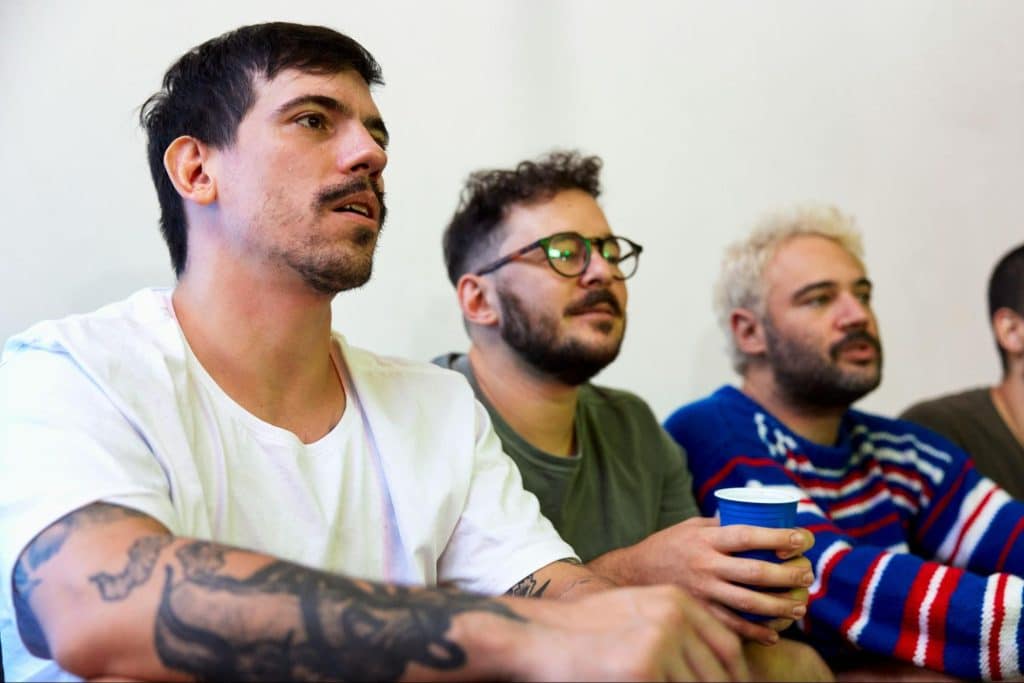
Some shows aren’t just entertainment, they echo real-life questions men carry but rarely voice. From quiet moments between flawed fathers to betrayals between lifelong friends, television has explored loyalty, connection, and legacy in ways that hit unexpectedly hard. This list isn’t about the most popular series or the ones with the biggest budgets. These are the shows that made men pause, question their own choices, and feel a little less alone in the process. Whether it’s a broken bond or a redemptive arc, each one offered something real, and it stuck.
Breaking Bad
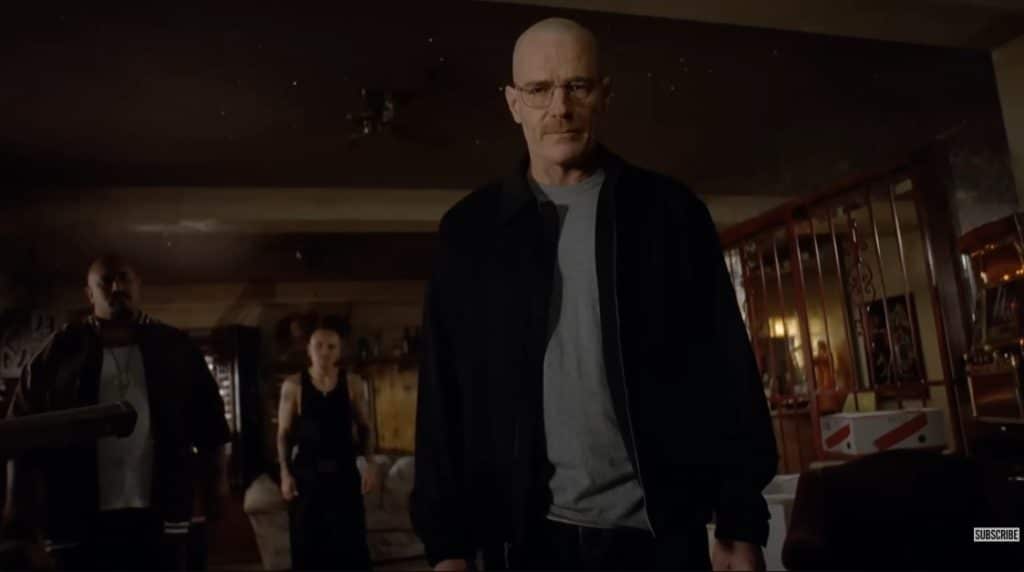
Walter White didn’t start out as a villain, he began as a father trying to secure his family’s future. But as his choices spiraled, the line between protection and control blurred. Men watching weren’t just shocked by his downfall, they saw the warning signs of ego dressed up as sacrifice. His story asks how far someone would go to provide, and what’s left when you lose yourself in the process. It’s not about meth; it’s about identity and fatherhood gone sideways.
This Is Us
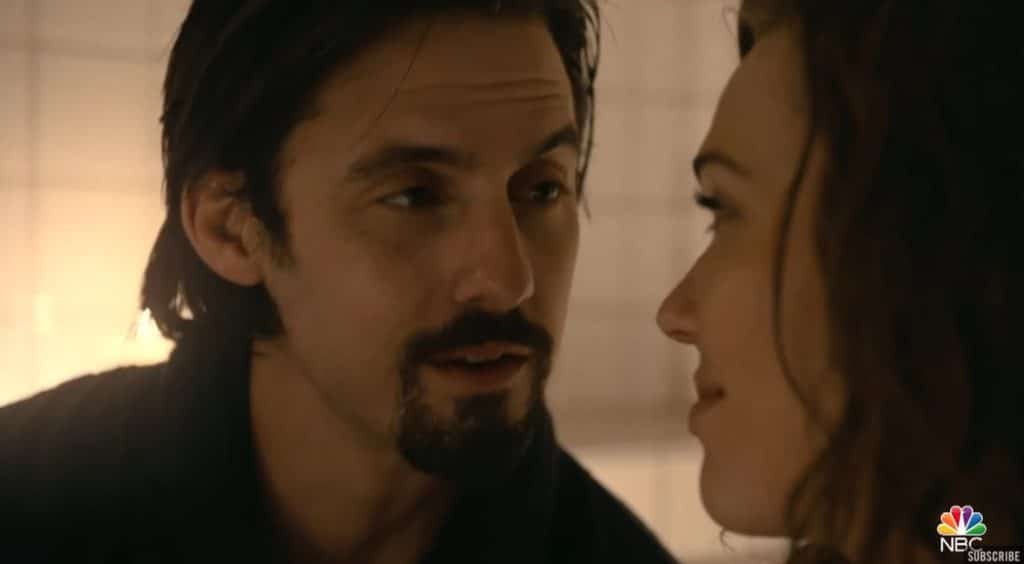
Jack Pearson became the benchmark for modern TV dads. Not because he was perfect, but because he tried, through trauma, grief, and mistakes. His love was loud when needed, quiet when it mattered, and steady when it counted. Watching him made a lot of men reflect on the father they wanted to be, or the one they never had. His presence lingered long after his character was gone.
The Sopranos
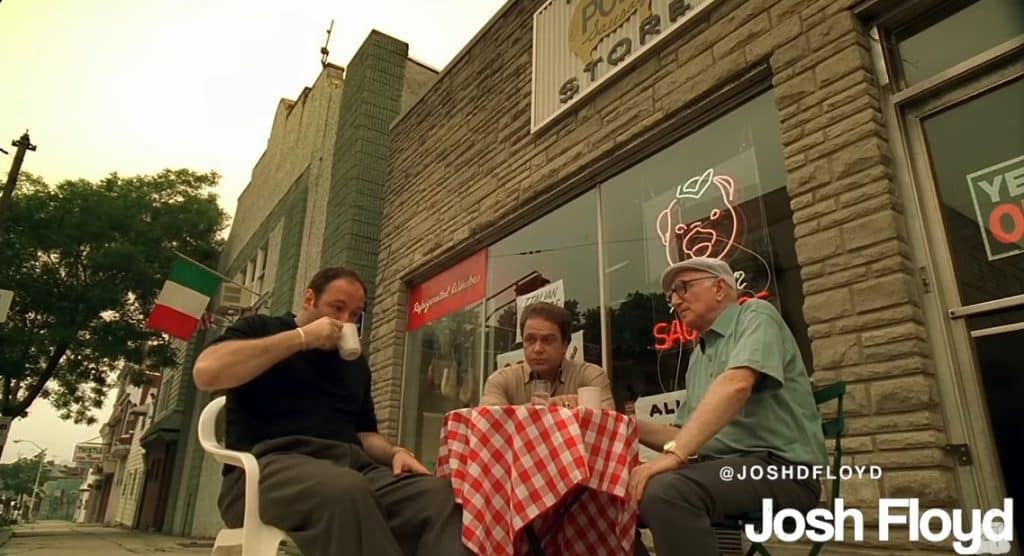
Tony Soprano was a mob boss, but also a dad with kids who didn’t understand him, and sometimes, he didn’t understand himself. Under the violence and power plays was a man trying to balance fear, family, and generational trauma. Men related to his compartmentalization, even if they didn’t condone his life. The therapy sessions weren’t just plot devices, they cracked open a lot of emotional walls.
The Mandalorian
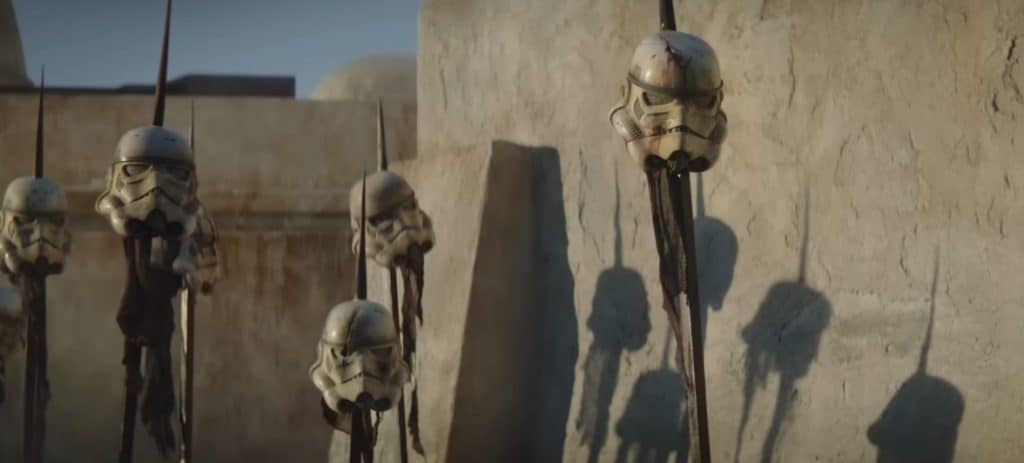
What started as a bounty-hunting sci-fi adventure became a story of reluctant fatherhood. Din Djarin’s bond with Grogu wasn’t forced, it grew through action, protection, and silent loyalty. His transformation spoke volumes about how men learn to love, especially when it doesn’t come naturally. Without saying much, he became one of the most compelling father figures on TV.
Parenthood
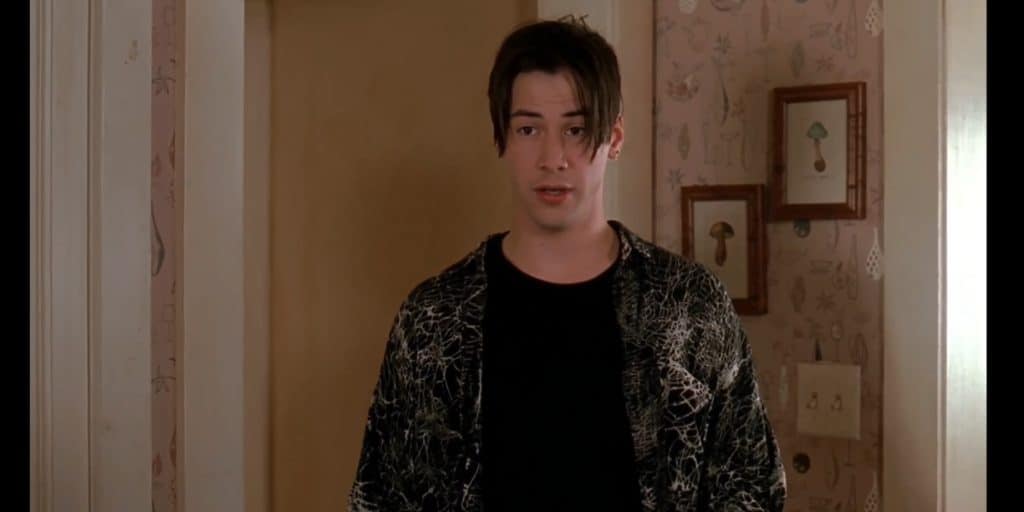
This ensemble drama didn’t just spotlight one father, it gave multiple men space to succeed, fail, and grow. From strict parenting to emotionally messy relationships with their kids, it showed the full spectrum. It wasn’t flashy, but it was real. And for a lot of viewers, it felt like watching parts of their own lives unfold.
The Wire
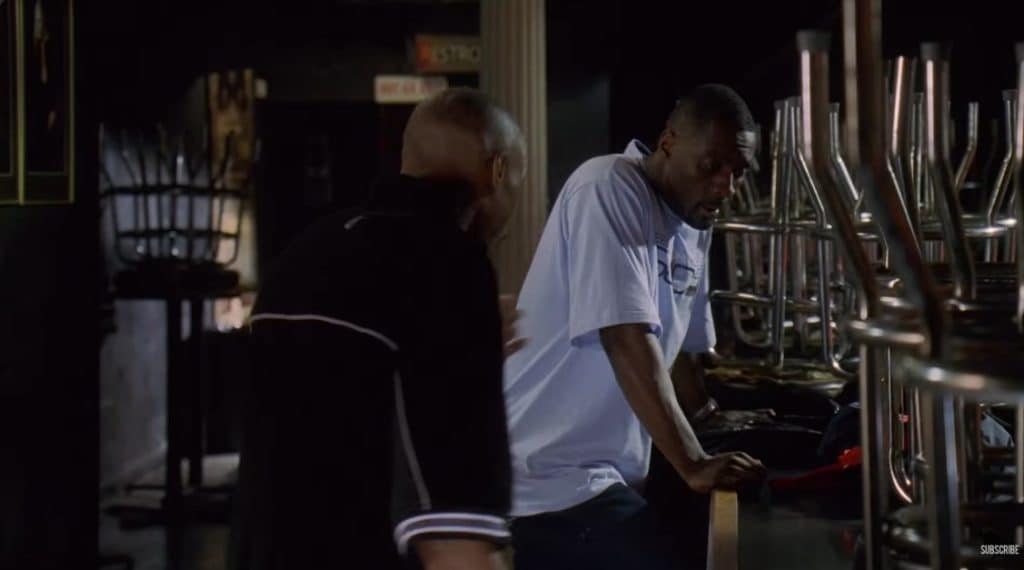
Beneath the crime and corruption was a deep look at loyalty and friendship among men in impossible situations. Whether it was Bunk and McNulty’s barroom confessions or Omar’s code with his crew, the emotional bonds were always there. These weren’t clean friendships, they were built on trust, betrayal, and survival. The Wire showed that male connection often exists in the quiet, complicated spaces.
Atlanta
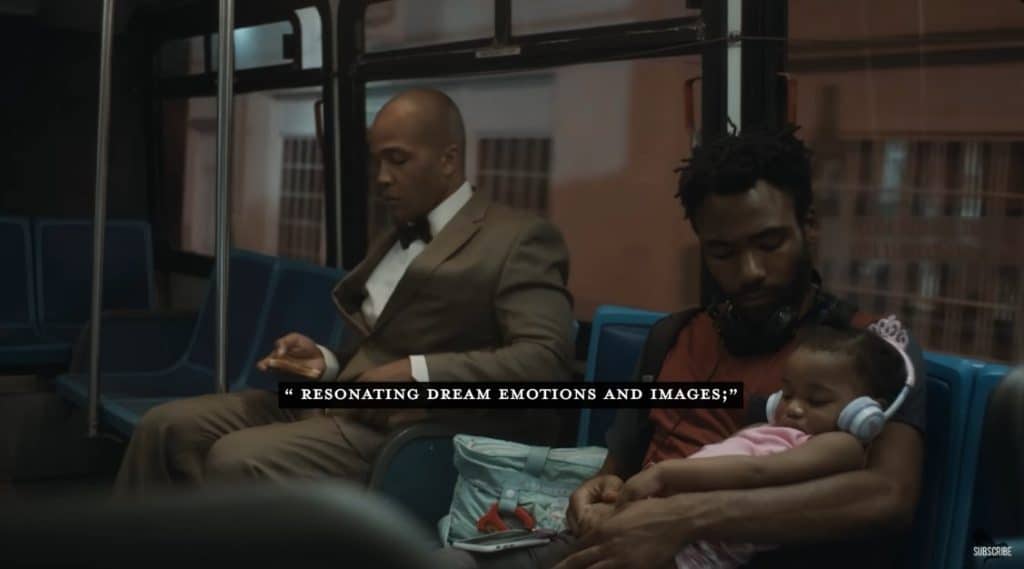
Atlanta isn’t about big speeches, it’s about subtle shifts in relationships. Earn and Alfred (Paper Boi) navigate fame, family, and expectations, and their friendship is tested without ever being overly explained. The show taps into the tension men feel between loyalty and personal growth. Watching them struggle with success and trust felt deeply familiar, even in surreal settings.
Friday Night Lights
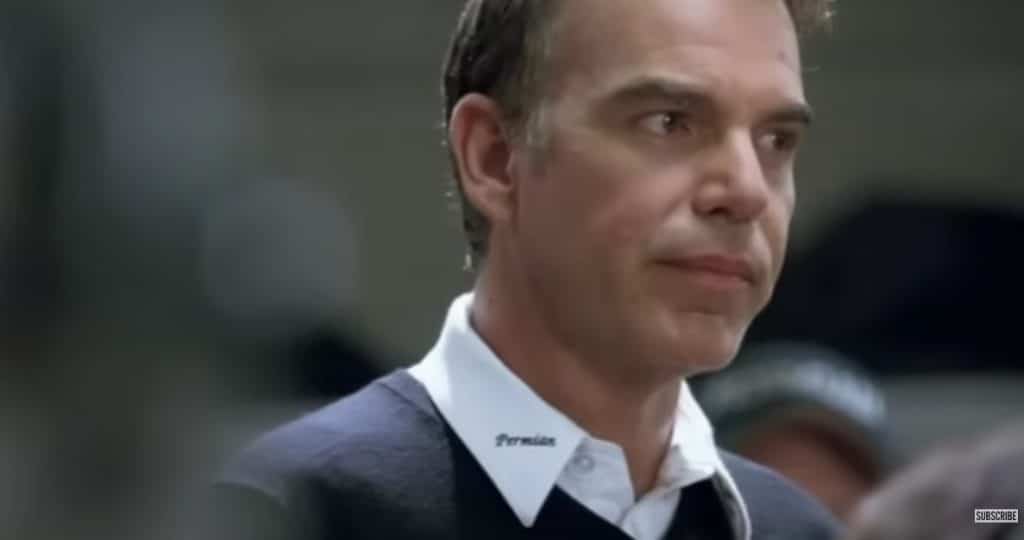
Coach Taylor and his players didn’t just talk about football, they built bonds through discipline, failure, and mutual respect. His relationships with the young men in his care were tough, honest, and earned. Many male viewers saw their first mentor, or the one they wished they had. “Clear eyes, full hearts, can’t lose” became more than a slogan; it was a lesson in how men show up for each other.
Band of Brothers
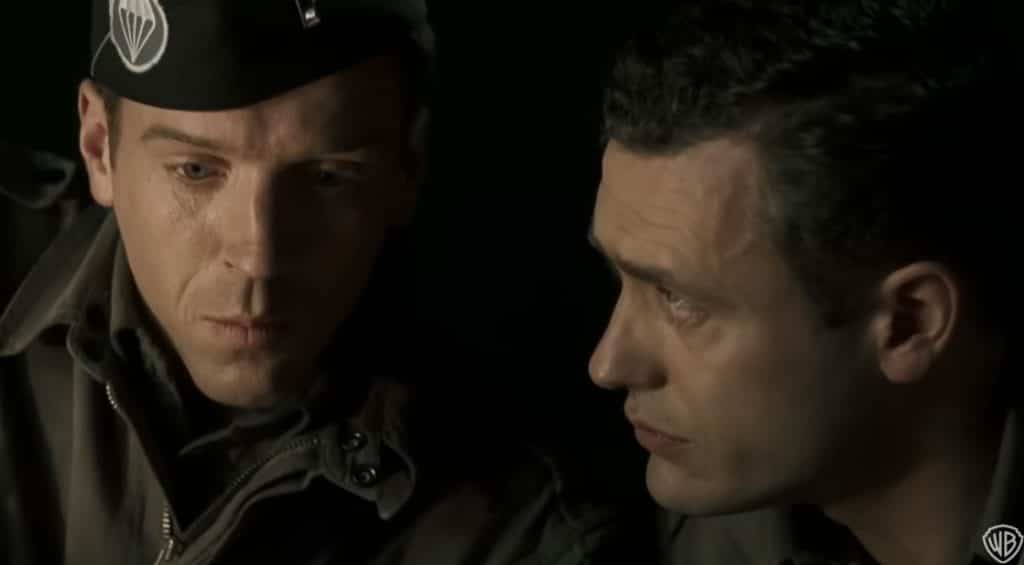
War stories are often about action, but this one was about connection. The brotherhood among the soldiers in Easy Company was raw, emotional, and enduring. It wasn’t just about bravery, it was about fear, trust, and sacrifice. Their loyalty wasn’t performative; it was built under fire. Watching it made a lot of men ask what they would risk for the people beside them.
Entourage
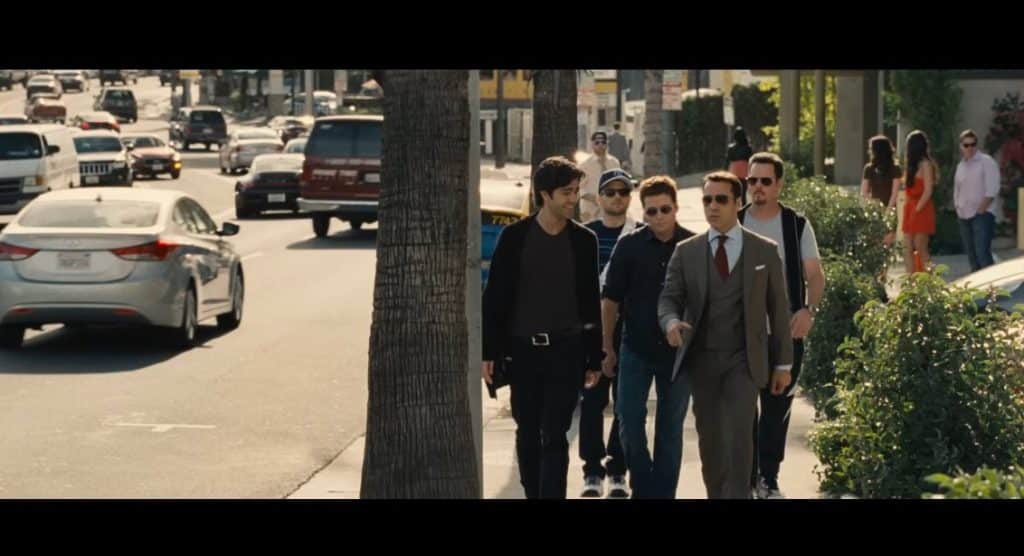
While it leaned into flash and fantasy, at its core, Entourage was about male friendship. The banter, the loyalty, the unspoken support, it hit a nerve. Even in a world of fame and ego, the friendship between Vince, E, Turtle, and Drama grounded the show. It reminded men that sometimes, your chosen family holds you up more than anything else.
The Americans
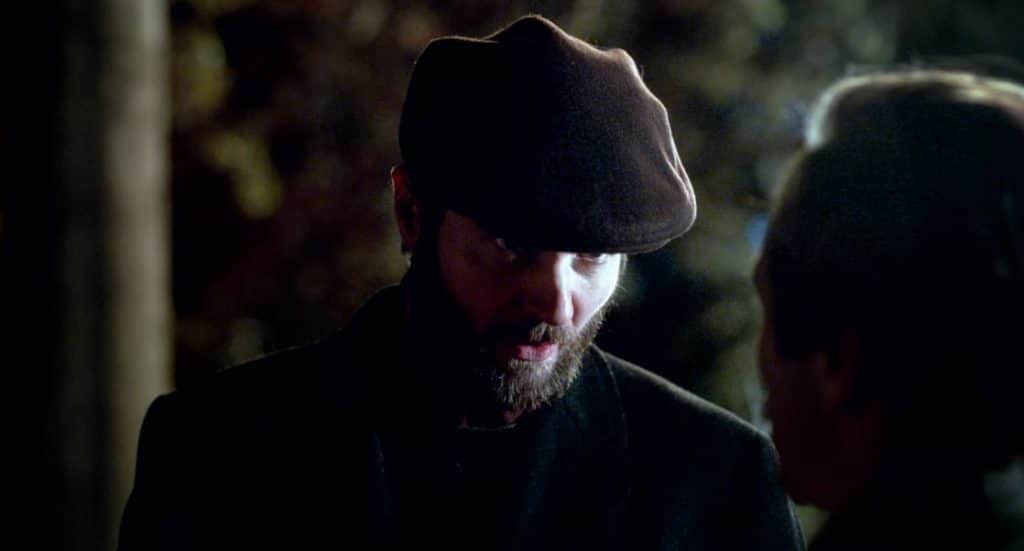
Being a spy meant Phillip and Elizabeth Jennings lived double lives, even with their kids. But Phillip’s quiet conflict, his desire for something more honest, made him stand out. His loyalty to his country clashed with his loyalty to his family. That internal war resonated with men who know what it feels like to be pulled in opposite directions, and wonder which part of themselves they’ll lose.
Mad Men
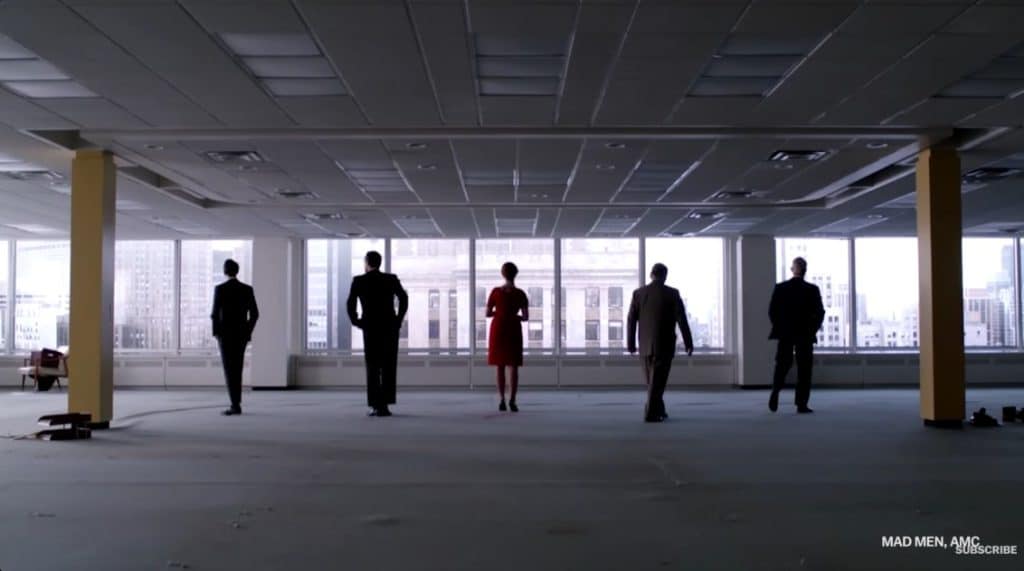
Don Draper was loyal to the image of who he thought he should be. His journey was one of unraveling, professionally, emotionally, and morally. He made men think about the masks they wear and the cost of keeping them on. Loyalty in this show wasn’t about others, it was about identity, reputation, and the fear of being truly known.
Better Call Saul
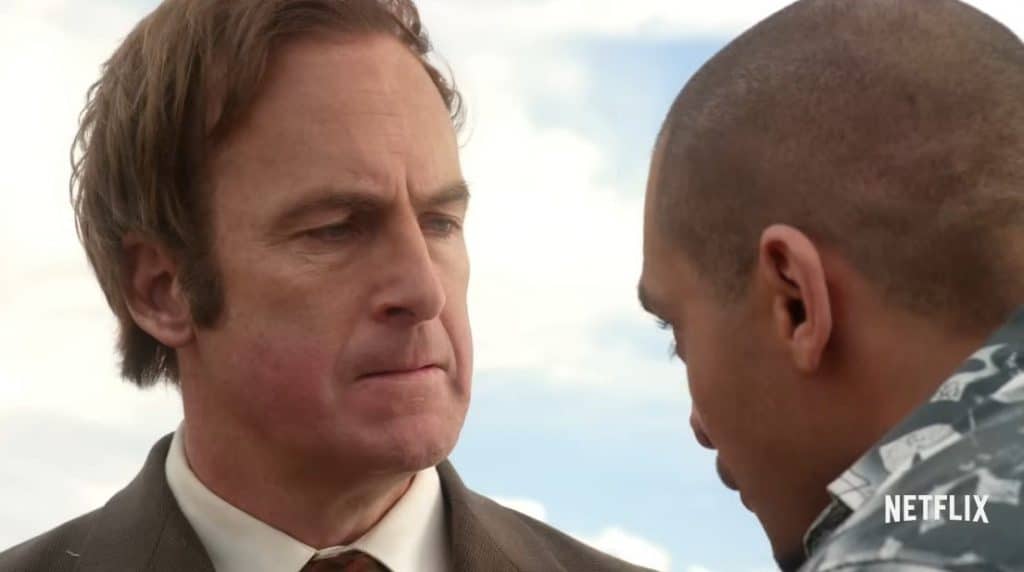
Jimmy McGill’s slow descent into Saul Goodman wasn’t just a prequel, it was a character study in loyalty to self versus loyalty to others. His relationship with Kim tested the boundaries of love, ethics, and ambition. The choices he made weren’t easy, and neither were the consequences. Watching it made men question whether being good is about intentions or impact.
Peaky Blinders
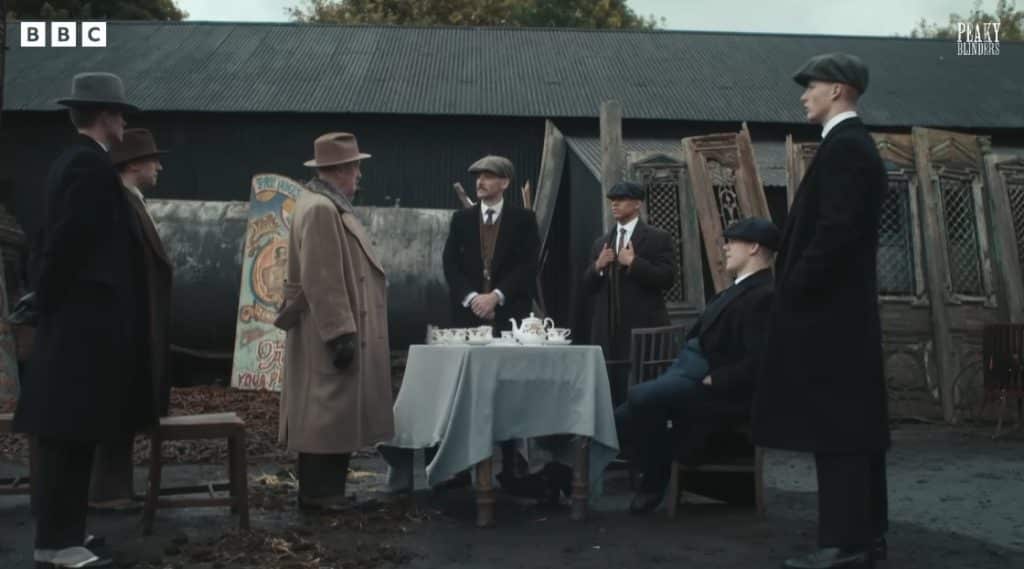
Tommy Shelby built an empire on blood and loyalty, but it always came at a price. His bonds with his brothers and crew were complicated, equal parts love, duty, and manipulation. The show blurred the lines between strength and self-destruction. For many men, it forced reflection on whether loyalty to others should ever come at the cost of yourself.
Ozark
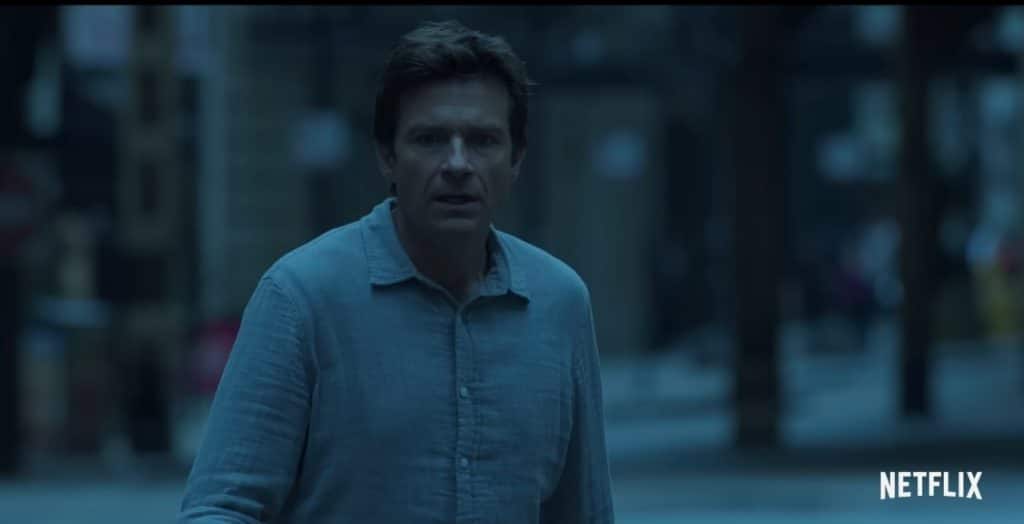
Marty Byrde’s loyalty to his family drove every decision, even when those decisions spiraled out of control. His quiet, calculated demeanor masked deep desperation. Watching him hold it all together, barely, was unsettling because it was believable. It showed how loyalty, if unchecked, can look a lot like self-burdening. And many men felt that weight.
Fleabag (Season 2)

Yes, it’s her story, but Andrew Scott’s “Hot Priest” hit men in unexpected ways. His internal struggle between spiritual loyalty and personal longing was raw and quiet. It wasn’t about religion, it was about restraint, desire, and purpose. His vulnerability didn’t weaken him, it made him real. For once, male pain was shown without violence.
The Bear
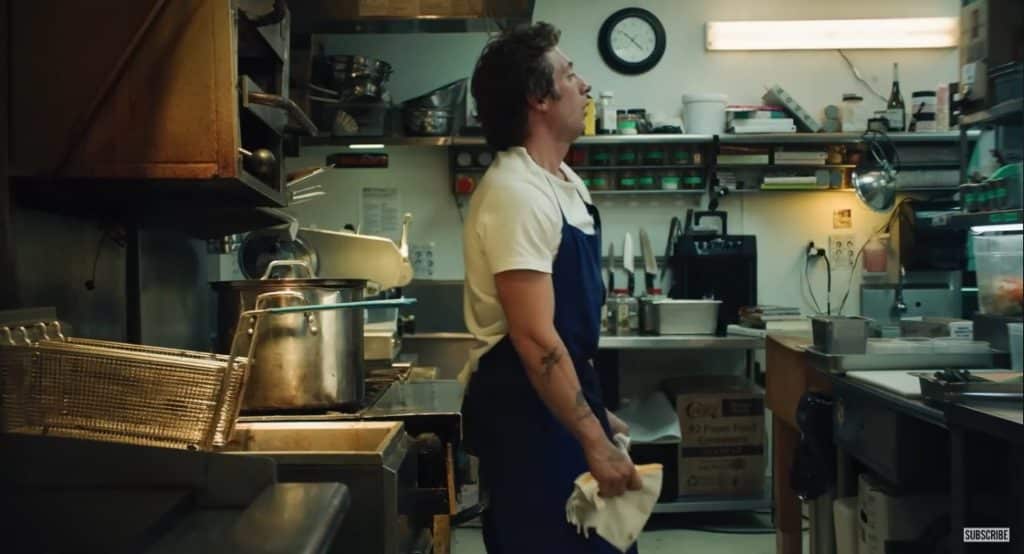
Carmy is a chef, but his story is about grief, pressure, and trying to rebuild something meaningful. His relationship with his late brother haunts every frame. The kitchen chaos mirrors the emotional ones so many men try to suppress. The show isn’t about cooking, it’s about surviving. And the quiet loyalty between Carmy and his crew makes every meltdown matter.
Reservation Dogs
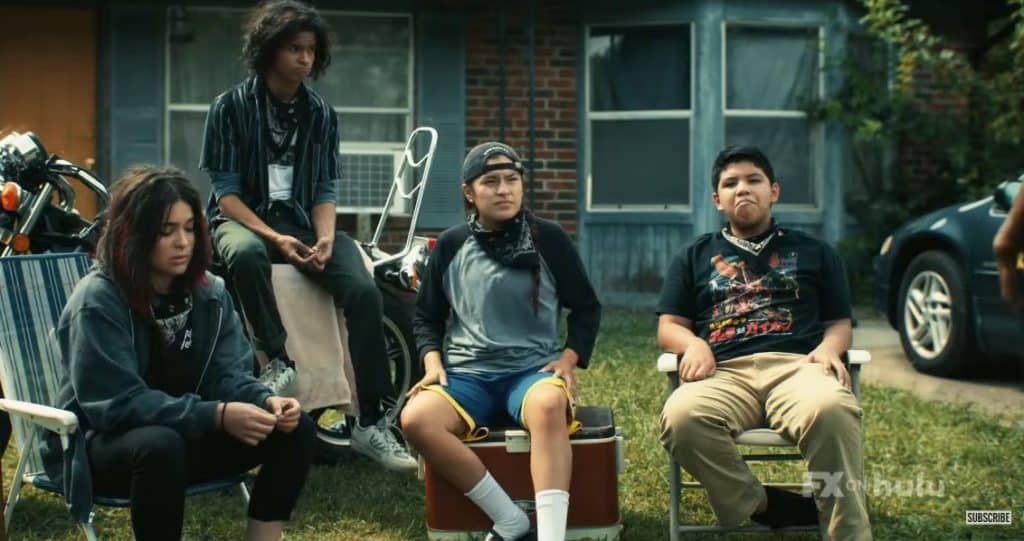
This coming-of-age series about Indigenous teens in Oklahoma touches on grief, community, and loyalty in powerful ways. Willie Jack and Bear’s emotional journey with their friends is honest and beautifully underplayed. It’s not about big moments, it’s about real ones. Watching it feels like eavesdropping on a life you didn’t live but still understand. Loyalty here means holding on, and letting go.
BoJack Horseman
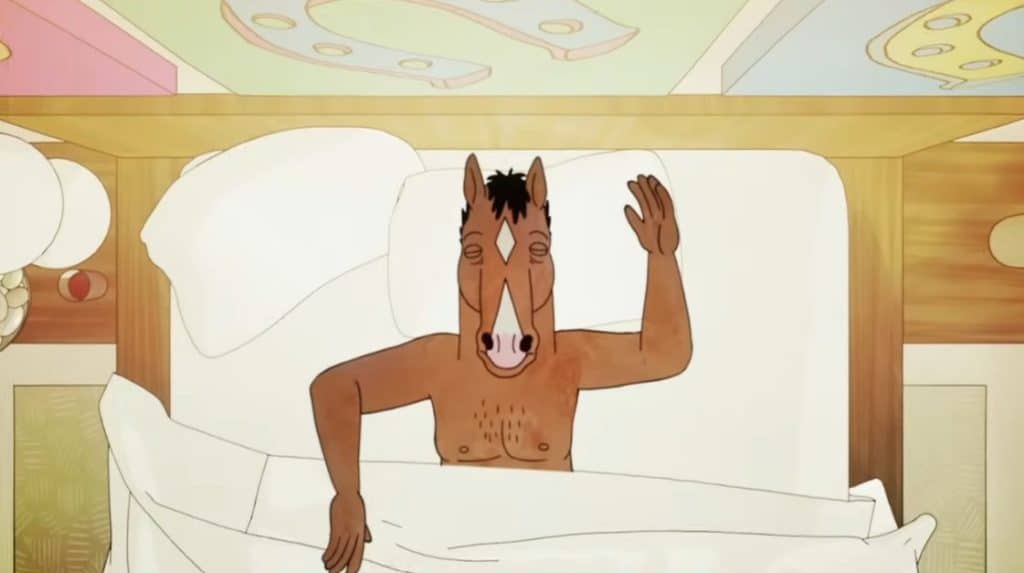
Beneath the absurdity and animation is a brutal look at emotional avoidance and broken bonds. BoJack’s friendships are messy, inconsistent, and often damaging, but they’re real. Men watching saw the danger of self-sabotage and the loneliness of being admired but not loved. It’s a cartoon, but the feelings weren’t. It made people rethink what it means to be a “good” person in the eyes of those you hurt.
Conclusion
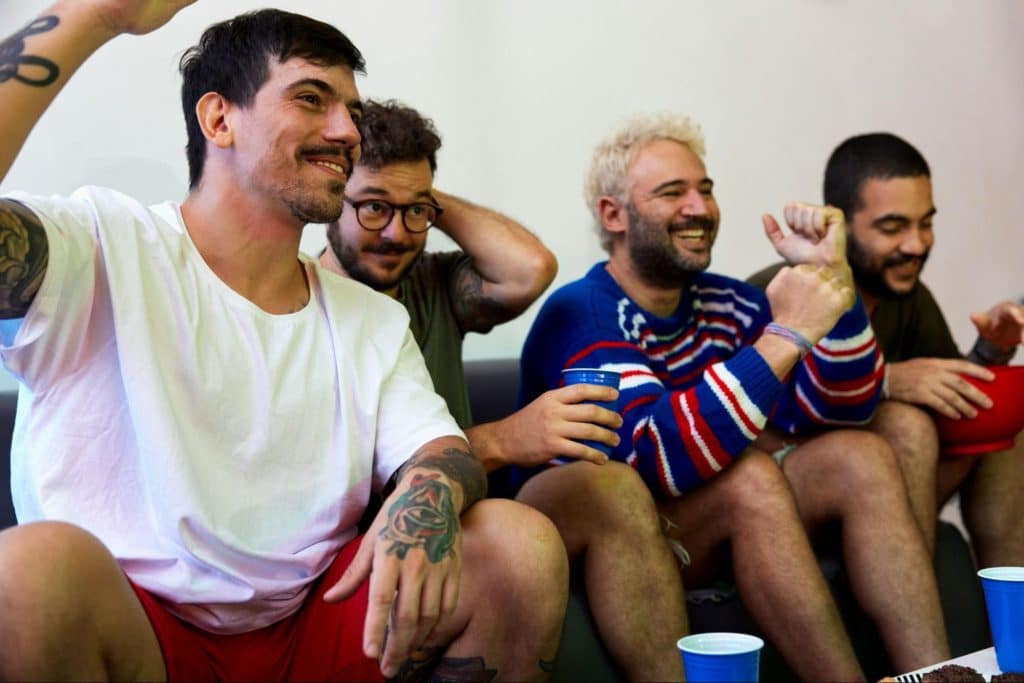
These shows didn’t always offer answers, but they asked the right questions. They lingered because they held up a mirror, even if what they showed was uncomfortable. In stories about fatherhood, friendship, and loyalty, men saw glimpses of themselves, both the parts they’re proud of and the ones they’re still working on. And that’s what made these series unforgettable. They didn’t just entertain, they stayed.






Ask Me Anything